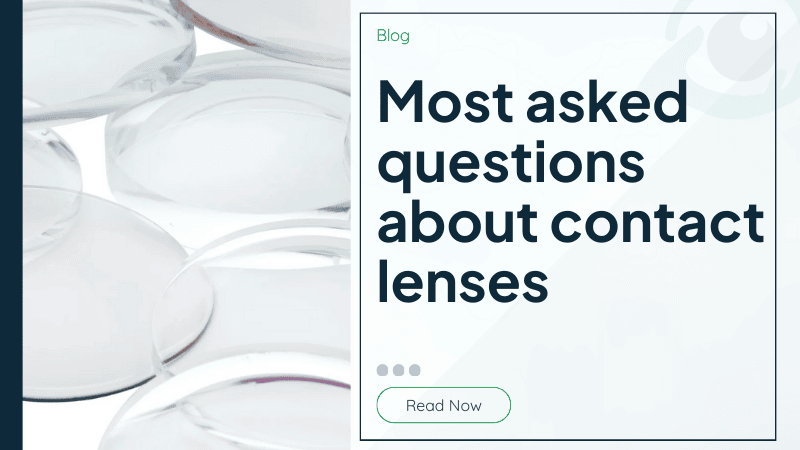- About
- Services
- Conditions
- Pricing
- Book an Eye Exam

Most of us have heard about contact lenses at one point or another. However, did you know that the average Doctor forgets to ask their patients about contact lenses? If it came as a shocker to you, then you know how I felt when I first read that. The truth is that most people are great candidates for contact lens wear.
The following are contraindications to contact lens wear:
Now there are an assortment of other scenarios that exist where contact lenses may not be a great idea, but can generally be resolved. For example, if someone has dry eyes we want to resolve the dry eyes, but this does not mean they can’t wear contact lenses. In fact, there are contact lenses designed specifically for dry eye disease. If ever in doubt, ask your eye Doctor if you are a good candidate. Now that we have cleared the air and know that most of us are good candidates for contact lenses, let’s move on to the most asked questions about lenses!
Hopefully you feel slightly more comfortable about contact lenses after reading all of the above! They are a really great option for most people and I have personally seen patient’s quality of life shift for the better because of them.
Book your comprehensive eye exam in Calgary with Eye Check Calgary. Whether it’s digital eye strain, dry eyes, diabetes-related vision concerns, or a contact lens fitting, we’ll guide you through every step with care and clarity. Call us today at 587-441-5254.